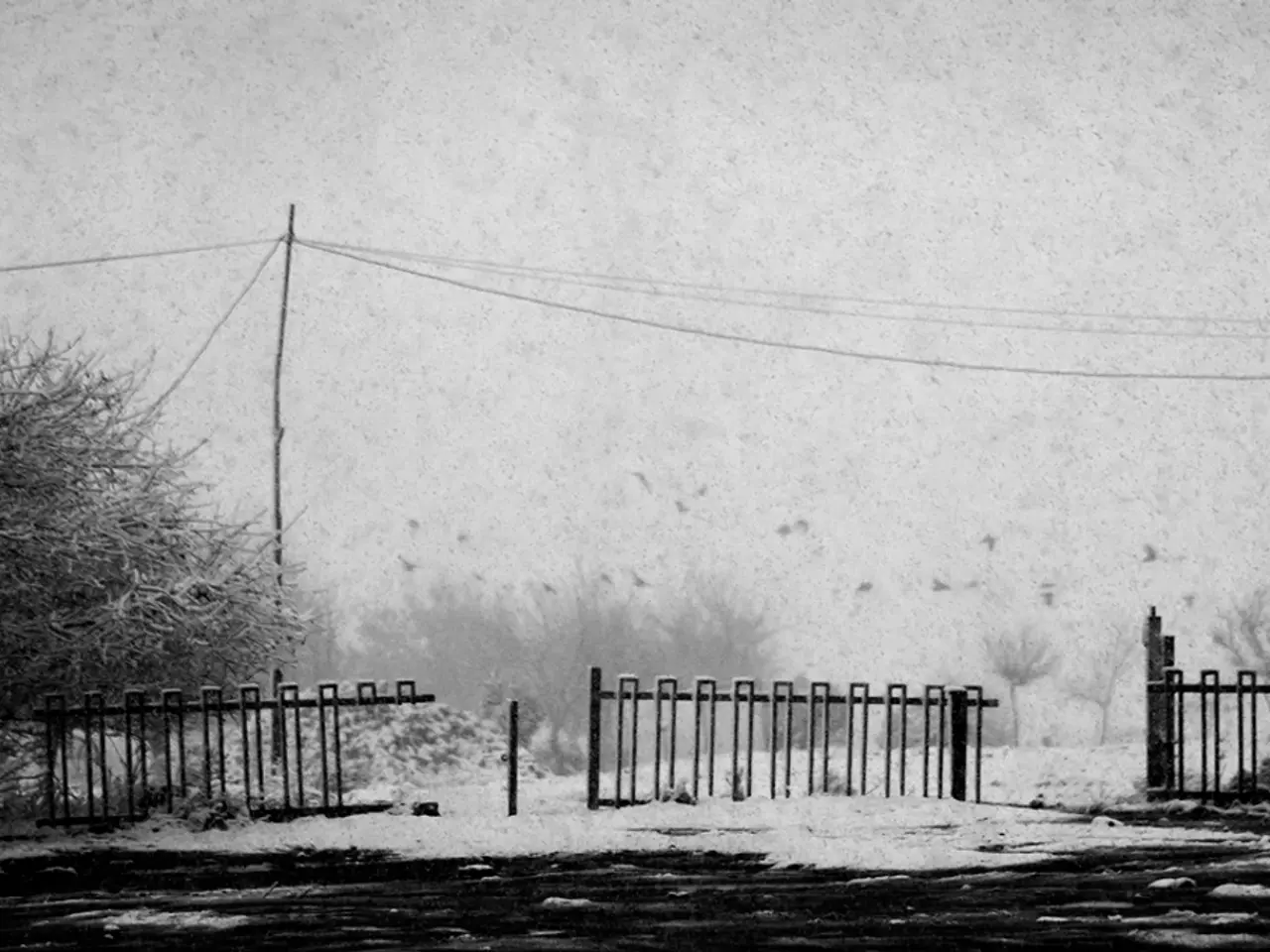Frigid Conditions Pose Potential Health Risks for the Heart and Lungs
Staying Safe in the Cold: Protecting Your Heart and Lungs
As the cold weather sets in, it's essential to be aware of how extreme temperatures can impact our health, particularly our heart and lungs. Here's a guide to staying safe and healthy during the winter months.
Heart Health
Taking care of your heart is crucial when the mercury drops. Cold weather causes blood vessels to constrict, increasing blood pressure and forcing the heart to work harder. This increased workload can trigger heart attacks, especially in individuals with pre-existing heart disease.
To reduce the risk, it's advisable to take frequent rest breaks during strenuous activities like shoveling snow, as overexertion can lead to overstressing the heart. Discuss exercise guidelines with a physician before engaging in any strenuous activity, especially if you have heart disease.
Dressing warmly, wearing layers, and wearing a hat can help insulate the body from cold air, reducing the strain on the heart.
Lung Health
Cold air can also impact your lungs, particularly for those with lung diseases like asthma or COPD. The initial gasp reflex during sudden exposure to cold makes breathing difficult, causing rapid, shallow breaths. In cold weather, this can worsen symptoms, leading to breathing challenges.
People with these conditions should be extra vigilant and get indoors if they experience breathlessness, coughing, wheezing, or chest tightness. In extreme cases, cold air can trigger spasms in the lungs for people with COPD, creating symptoms similar to an asthma attack.
Vulnerable Individuals
Individuals with pre-existing heart disease face a heightened risk during cold weather, as their hearts are less able to handle the increased workload. Similarly, those with asthma or COPD may experience bronchospasm or increased airway resistance in cold environments, which can lead to acute exacerbations.
Staying Safe
Managing exposure to extreme cold and monitoring symptoms closely is critical for people with these conditions to prevent severe complications. Covering the nose and mouth with a scarf can help warm the air before it enters the lungs, providing some relief.
It's also worth noting that heart failure is the leading cause of hypothermia-related deaths, according to the American Heart Association. Therefore, staying warm and taking care of your heart and lungs is crucial during the winter months.
By following these guidelines, you can enjoy the winter season while protecting your health and well-being. Stay warm, stay safe!




